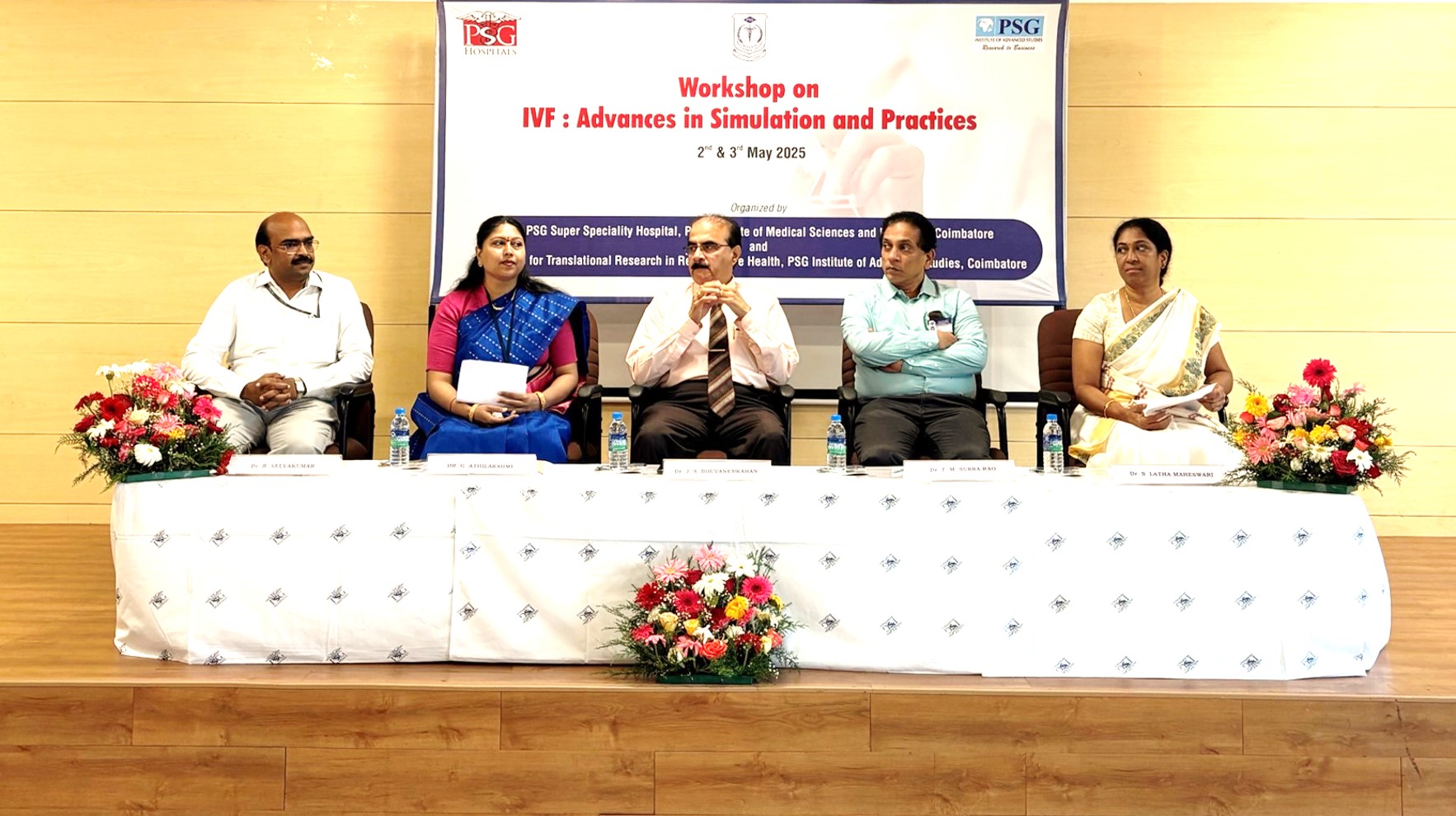Trending Now
- Alliance talks between AIADMK and BJP are ongoing. An announcement will be made at the right time – Union Home Minister Amit Shah.
- Vijay spoke about TVK vs. AIADMK only to motivate party workers – AIADMK General Secretary Edappadi K. Palaniswami.
- South Indian audiences are not interested in Hindi films, which is why they don’t succeed – Salman Khan.
- KL Rahul joins Delhi Capitals; the team will face Hyderabad tomorrow.
Coimbatore
Indian spices face challenge of high level microbial contaminants
![]() December 16, 2015
December 16, 2015
Indian spices face the challenge of high level microbial contaminants including mycotoxin in the finished product, a top official in the Indian Council for Agricultural Research (ICAR) said today.
Inaugurating a national symposium on Spices and Aromatic Crops, here, Deputy Director General (horticultural Science), ICAR, Delhi, Dr N K Krishnakumar felt the need for higher productivity, clean spices through improved post harvest processing, packaging and storage systems for sustainable spices production.
In his address, Chairperson of Protection of Plant Varieties andFarmers Rights Authorities (PPV and FRA), Delhi, Prof R R Hanchinalsaid that Indian spices have nomenclatured with geographicalindicators such as Malabar Pepper, Alleppey Green Cardamom, Coorg Green Cardamom, Naga Chilli and Erode turmeric.
He stressed the need for protecting the varieties developed by State Agricultural Universities and farmers through PPV and FRA, even as he appreciated Tamil Nadu Agricultural University for its systematic work on protecting the varieties of this region.
In his presidential address, Tamil Nadu Agricultural University (TNAU) Vice Chancellor Dr K Ramasamy said that both agricultural and horticultural sector provide opportunities for alternate systems of medicine and suggested that studies may be carried out towards indication of maturity index and right time of harvest that may have positive effect on the alternate systems of medicine.
He also asked the forum to suggest suitable strategies for marketing of spices products and to work more on quality parameters of the spice products.
The symposium was jointly organized by TNAU, and Indian Society for Spices (ISS), Kozhikode with the theme “Towards 2050- Strategies for sustainable Spices Production.”
The symposium was followed by ISS award ceremony which included Sugandha Bharathi Award to eminent scientists for their outstanding contribution in the field of spices research, ISS Fellowships for distinguished scientists who have made signified contributions through technology development, filing of patents, publications and other
recognitions.
Sugandhasree Innovative Farmer Award for farmers who have made significant contributions through involvement in spices cultivation, Dr. V.S. Korikanthimath Award for the best Ph.D. thesis, Vijaya V. Korikanthimath Award for the best M.Sc. thesis and Dr. J.S. Pruthi Award of the best research publications were also
presented.

























